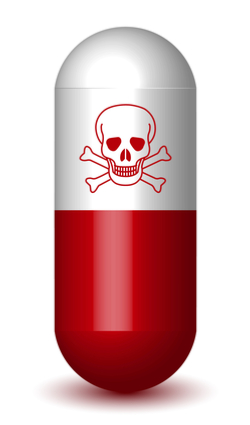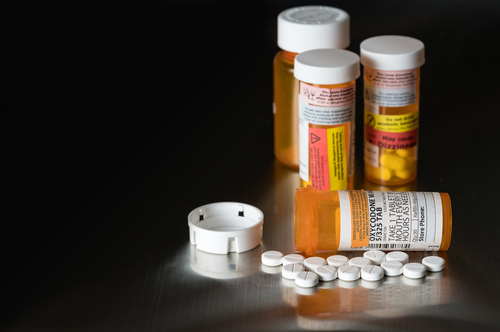
As a world leader in physician market research, Sermo perpetually surveys its online community of doctors on a range of topics. The valuable insights provided by doctors’ contributions to these surveys help inform articles, resources, and more.
One group that loves learning from doctors is Consumersafety.org, a site committed to sharing public health related consumer news and health information.
A “black box” warning is a warning on a prescription drug label indicating that the drug can have serious side effects. This is the most severe type of warning issued by the Food and Drug Administration (FDA). According to prescription drug retailer Walgreen’s, this warning is only used “when there is reasonable evidence of an association of a serious hazard with the drug.” There are black box warnings on some of the most common drugs in various categories such as Adderall, Pradaxa, Xanex, and Ciprofloxacin. In fact, most people have taken prescription drugs at some point, but an increasing number of these synthetic drugs are being labeled by the FDA with “black box” warnings.
To give you a look into the severity of these warnings, they can range from high risk for addiction, as in the case with Adderall, to scarier-sounding warnings like “can increase swelling of clotted blood within body tissue” for a drug called Pradaxa. Unfortunately Pradaxa was found to have such a strong association with internal bleeding that there are now thousands of lawsuits against its manufacturer.
In light of the discussion around black box warnings, we sent select doctors* a survey and asked if they discuss the potential risks with patients, when considering prescribing a drug with a black box warning. An overwhelming 90 percent of doctors responded ‘yes.’
We also asked physicians if, overall, drugs with “black box” warnings are worth the risk, and 49 percent responded ‘sometimes’ and 41 percent responded, ‘most of the time’.
In the future before taking a new medication, remember to get as much insight as possible from your physician, as they often know best!
Want to contribute to articles like this? Log on to Sermo to take your surveys and join the conversation!
The survey was fielded in January of 2018. 1,736 physicians responded to the survey. The margin of error for the global poll was ±2%.














